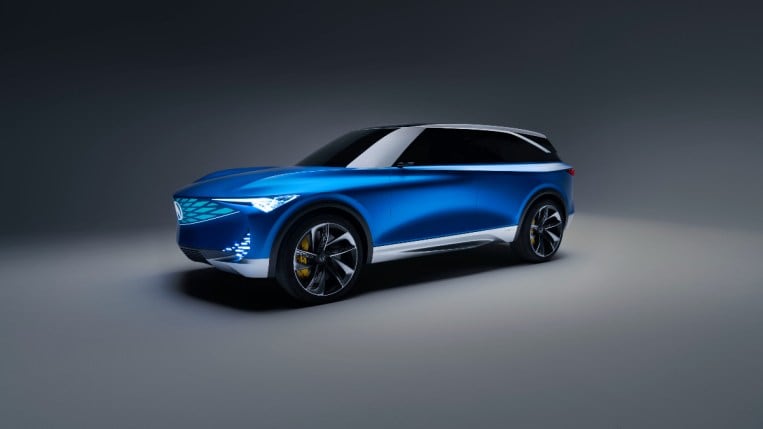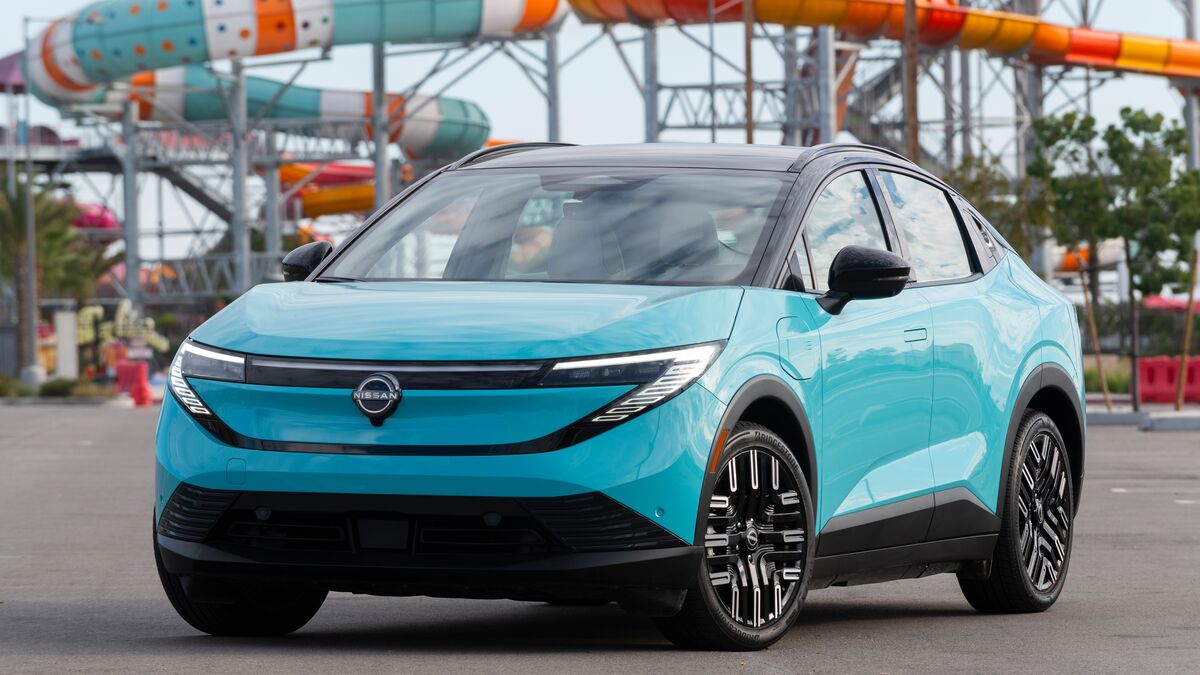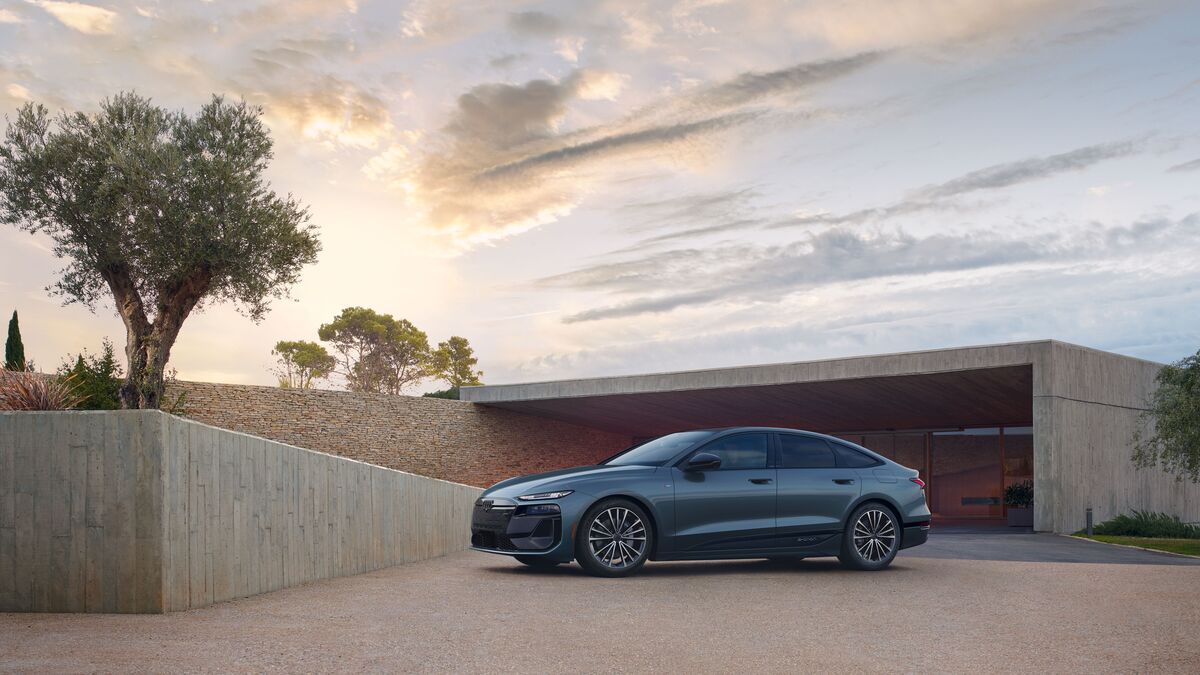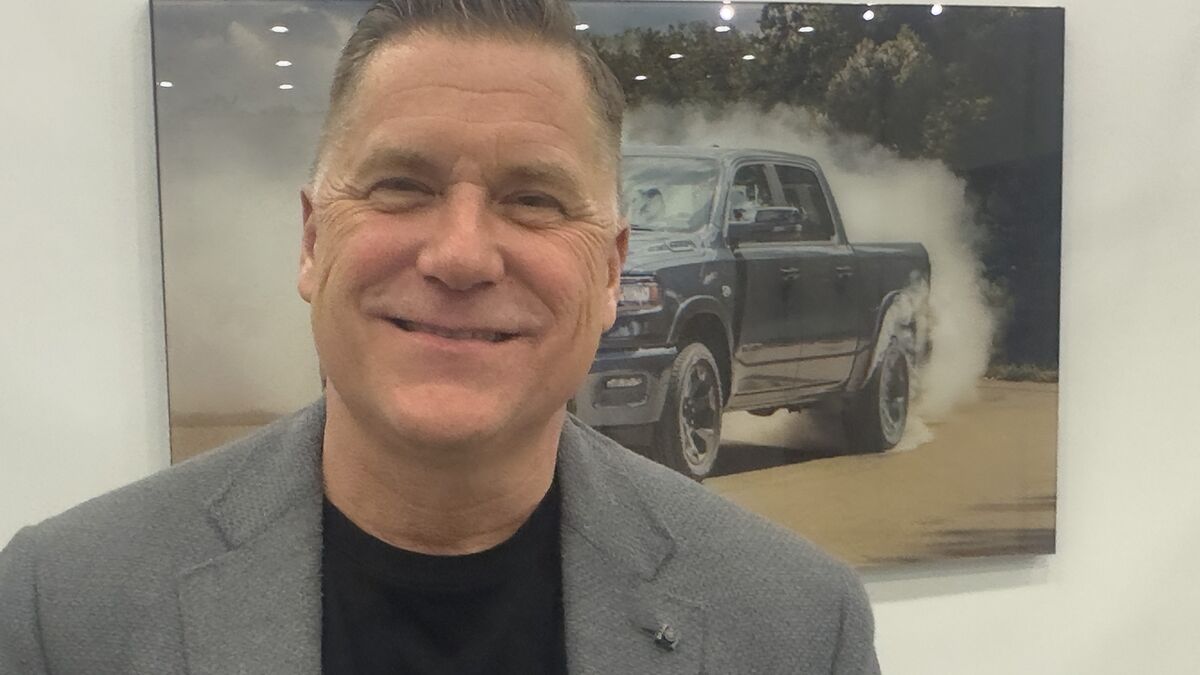
Mamadou Diallo, vice president of auto sales for Honda and Acura, announced the move yesterday at a briefing for reporters on the company’s 2023 plans.
Asked whether the move meant the cars would have fixed, no-haggle prices, Diallo said details “are still being worked out.”
First EV Will Resurrect ZDX Name
Acura will start accepting pre-orders for its first EV before the end of 2023, “ahead of the early 2024 release,” the company says.
Resurrecting an old name, it will be called the 2024 Acura ZDX.
The ZDX will ride on the same platform as Honda’s upcoming Prologue SUV and will have a high-performance Type S model, Diallo said.
Late last year, Acura previewed what the ZDX may look like with its Precision EV Concept, pictured above.
Online Sales Are One of Several Elephants in the Auto Industry Room
Tesla has a huge lead in EV sales. Its Model Y SUV and Model 3 sedan are the world’s two best-selling EVs.
And Tesla does it all without traditional dealerships. Most automakers sell cars through third-party dealerships they don’t own and operate themselves. Those dealerships buy cars from the factory and sell them, negotiating the price of each individually with the buyer.
Tesla, however, doesn’t work with third parties.
America is one giant car market, but state laws govern car sales. So, the auto industry operates with 50 different sets of rules.
Some states allow carmakers to operate their own dealerships directly. In those states, Tesla runs its own stores.
Others allow carmakers to operate information-center storefronts where customers can see the cars but can’t buy them. Tesla operates “galleries” in those states, but employees send customers home to order the cars online.
In a handful of states, even that practice is banned. Buyers can order a Tesla and have it delivered to them, but the company can’t maintain a storefront.
It’s a complicated situation and leaves Tesla owners in some states without easy access to nearby service and repair. But it also means Tesla doesn’t split profits with sales partners. The company keeps every dime from every transaction. It’s so profitable that it recently cut prices on some cars up to 20% — a move most automakers can’t afford to answer.
Other Automakers Pondering the Challenge
The Tesla model is a challenge to established automakers. Those automakers can offer buyers the security of large, knowledgeable dealership networks in every state. But they must share profits with dealerships. And when a dealership engages in questionable sales tactics, it reflects poorly on the automaker, even if there’s not much the automaker can do about it.
That has left many traditional automakers unsure how to answer Tesla’s tactic. Acura may be one of the first to try something new.
Ford’s CEO spent much of two years openly musing that the company could move to a more Tesla-like sales model. He then agreed to take that option off the table if dealers agreed to sell EVs for fixed prices and install EV chargers in their showrooms.
Questions Remain About Acura’s Plan
Diallo wouldn’t say whether Acura would charge a fixed price for the ZDX. But he insisted, “Our dealers are fully onboard.”
“They’ve been involved,” he said. “They understand we’re trying to address customer convenience and what that transaction might look like in the future.”
Dealers will stock the ZDX for potential buyers to see and test drive, he said. “Whether the process starts in your living room or starts at your dealership where someone wants to touch and feel a car on the showroom floor, our dealers will still be part of that.”
But buyers will complete their transactions online.
We’ll explain the process further when Acura clarifies how it will work.







